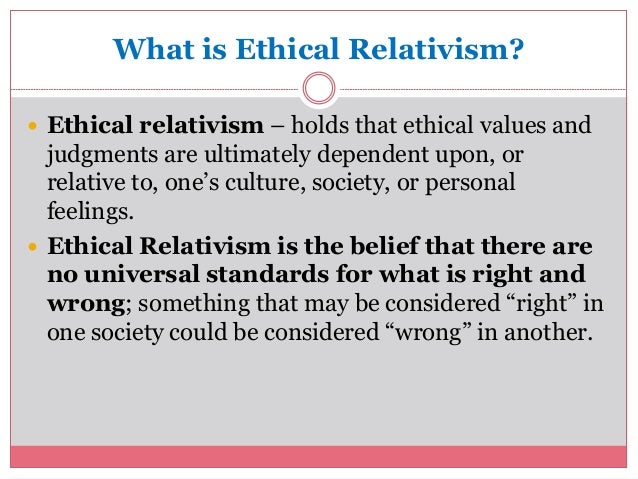A Journey into the Nuances of Morality and Perspective
Ethics represent a fundamental aspect of human existence, guiding our actions and shaping our interactions with the world. Amidst the diverse ethical systems that have emerged over time, relativism occupies a unique position. In essence, relativism asserts that moral values and principles are not absolute but instead vary depending on cultural, historical, and personal contexts. This concept has sparked extensive debate, with far-reaching implications for our understanding of morality.

Image: astonishingceiyrs.blogspot.com
Defining Relativism: Moral Truths in Flux
Relativism holds that moral truths are not universally applicable but rather relative to specific circumstances and perspectives. In contrast to absolutist ethical systems that propose a fixed set of moral rules, relativism recognizes that moral beliefs and practices can vary significantly across cultures, societies, and individuals. This variation stems from the belief that morality is rooted in social norms, cultural practices, and the subjective experiences of individuals.
Cultural Relativism: Morality Through a Prism of Perspective
Cultural relativism, a significant branch of relativism, argues that moral values and principles are determined by the culture in which they are embedded. Cultural norms, traditions, and values profoundly influence how individuals perceive right and wrong, leading to divergent moral codes across different cultures. For example, what is considered honorable in one society could be deemed unethical in another, demonstrating the profound impact of cultural relativism.
Historical Relativism: Morality Evolves with Time
Historical relativism, on the other hand, recognizes that moral values change over time as societies progress and evolve. This perspective asserts that morality is influenced by historical circumstances, such as technological advancements, political ideologies, and social structures. Thus, moral beliefs and practices that were once considered acceptable may become outdated or even abhorrent over time.

Image: helpfulprofessor.com
Subjective Relativism: Morality Resides in the Individual
Subjective relativism goes a step further by positing that morality is solely dependent on the individual’s own beliefs and experiences. According to this view, there is no objective right or wrong, as moral judgments are directly tied to the subjective perspectives and values of individuals. This approach recognizes the uniqueness of each individual’s moral compass and the inherent subjectivity of moral decisions.
Ethical Implications and Challenges
Relativism presents numerous ethical implications and challenges that have been the subject of extensive debate and analysis. One of the primary concerns is the difficulty in determining the validity or invalidity of moral judgments. If moral values are relative, it can be difficult to establish a common ground for ethical decision-making and address issues such as human rights and social justice.
Strengths and Limitations of Relativism
Relativism offers several advantages, including its emphasis on cultural and historical diversity. It encourages tolerance and understanding of different moral perspectives, fostering respect for other cultures and ways of life. Additionally, by acknowledging the fluidity of morality, relativism provides a framework for adapting moral principles to changing social and cultural contexts.
However, relativism also faces limitations. It can potentially undermine the concept of moral objectivity and provide justification for unethical actions. Without a universal moral code, it can be difficult to condemn certain behaviors as universally wrong or to hold individuals accountable for their actions. Furthermore, relativistic perspectives can sometimes be misused to justify morally problematic actions or to avoid taking responsibility for unethical choices.
Relativism in Practice: Striking a Balance
Despite its challenges, relativism remains an important lens through which to examine ethical issues and better understand the diversity of human beliefs and values. Embracing relativism does not necessarily mean abandoning ethical decision-making or condoning all actions. Rather, it encourages a balanced approach that recognizes the cultural, historical, and personal contexts that shape moral beliefs while still upholding universal principles such as human rights and dignity.
Relativism Is A Subset Of The Following Ethical System
Conclusion: Morality in Perspective
Relativism as a subset of ethical systems offers a complex and nuanced perspective on morality. By recognizing the variability of moral principles, it fosters respect for cultural diversity and encourages tolerance of different viewpoints. While relativism presents challenges in establishing universal moral truths, it also emphasizes the importance of context and the subjective experiences of individuals. By embracing a balanced and thoughtful approach, we can navigate the complexities of relativism, promote ethical decision-making, and foster a more just and equitable world.

